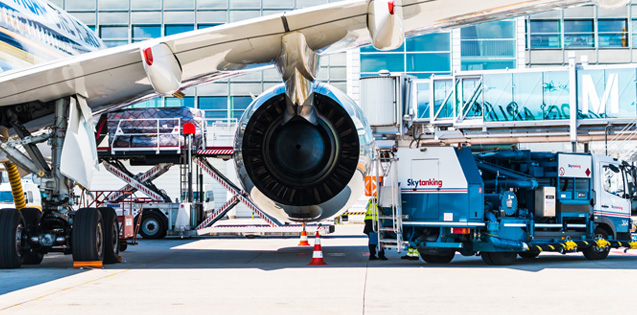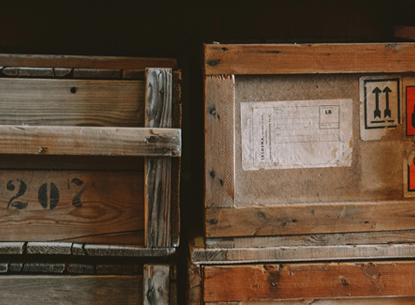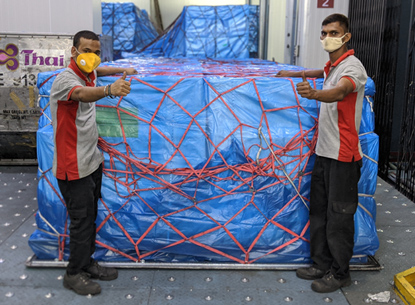Dangerous goods are those articles or materials capable of posing significant risks to people, health, property, or the environment when transported in quantity. Besides this, ‘dangerous goods’ is the international standard term for goods covered under the UN Recommendations on the Transport of Dangerous Goods. Dangerous goods are also called hazardous material, hazmat, and hazardous cargo.
These goods need to be handled with utmost care and consideration is given their dangerous nature and any mis-declaration, miscommunication or incorrect documentation could have severe repercussions and could prove fatal to human lives on board a plane.
The impact of someone probably not have taken this seriously is reflected in the recent blast in Tianjin, China where it has been reported that hundreds of people were killed and many more missing after a series of massive explosions took place at a logistics warehouse that stores dangerous goods.
On August 4, a series of explosions at the port of Beirut, Lebanon, left 200 people dead, injured 5,000, and destroyed large parts of the city. The blasts were traced to 2,750 tons of ammonium nitrate stored unsafely in a warehouse.
These disasters are a grim reminder of the importance of safety in the transport and storage of dangerous goods. This is why the handling of dangerous cargo is highly specialized and regulation-heavy.
A dangerous cargo means substances, materials, and products that, in the course of air freight, can pose a threat to the life, health and safety of passengers and crew, damage aircraft property or the environment. Understanding the challenges it poses, we, at CSC India, stand committed to safeguarding the interests of our valued customers and public at large.
Dangerous goods can exist in solid, liquid and gaseous forms. They can be colourless or coloured, hot or cold, odourless or pungent. They can be corrosive chemicals, explosives, batteries or even daily-use items such as hair spray, perfume, aftershave, liquor and cigarette lighters.
Such goods must be properly declared, packaged, and marked. They require qualified handling and special carriage conditions subject to national and international laws.
When it comes to handling dangerous goods, CSC India has strict protocols for each stage of the transit process – handling, packaging, labelling, marking, storage, segregation, transport and emergency response. You can rely on our experts to professionally transport your goods safely to their destination, in compliance with all international and local regulations. Our long-standing commitment to cost-effective and timely delivery alongside the safe passage of your goods makes us undisputed king of this business.










Leave a Reply